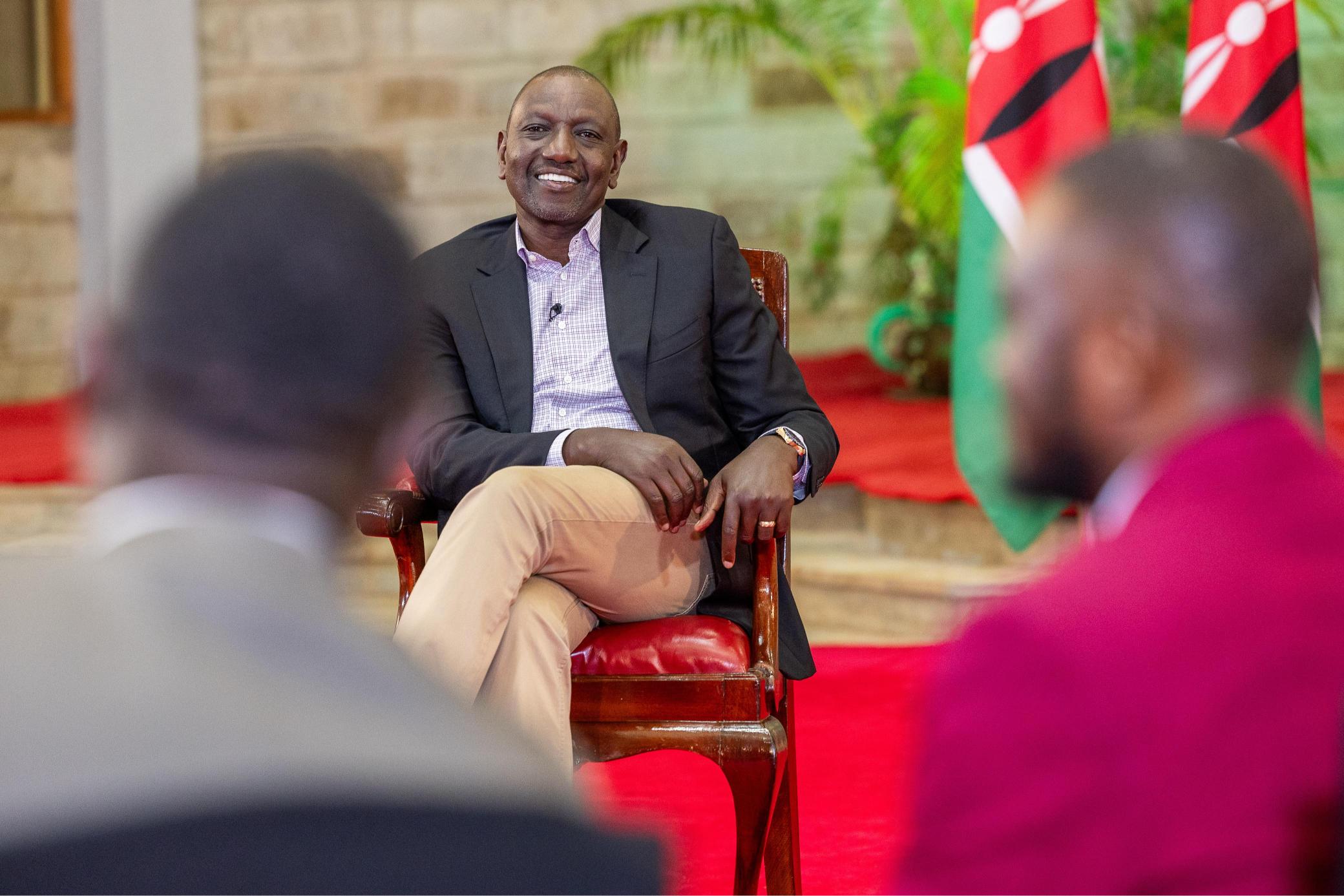Elephant Rampage Injures Worshippers at Indian Temple
A shocking incident unfolded at the BP Angadi Mosque in Malappuram, Kerala, India, on January 6th, during a religious festival. An elephant, adorned with a gold headpiece, went on a rampage, injuring several worshippers.
Video footage captured the terrifying moment the elephant used its trunk to grab a man by the leg and swing him around. This sparked a panicked stampede as attendees scrambled for safety. Elephant handlers quickly intervened, attempting to calm the distressed animal by removing some of its ornaments.
Police reported that the man who was swung by the elephant sustained serious injuries, and 23 other worshippers were injured in the ensuing chaos.
Elephants hold a significant cultural and religious role in Kerala, often referred to as “God’s Own Country.” They are integral to many religious and social events, with their presence in Hindu temple festivities considered auspicious. The region is known for its elaborate elephant processions, such as those seen at Thrissur Pooram, a prominent temple festival featuring decorated elephants marching to the rhythm of drums.
This incident follows another recent tragedy involving elephants. On January 3rd, a 22-year-old Spanish student, Blanca Ojanguren Garcia, died at the Koh Yao elephant sanctuary in Thailand. While bathing an elephant, she was fatally struck by the animal’s trunk. Initial reports of her being gored were later corrected. Local police and the sanctuary confirmed the incident, which prompted the sanctuary’s closure. Garcia, a Law and International Relations student studying abroad in Taiwan, was with approximately 18 other people, including her boyfriend, at the time of the incident. No other injuries were reported. Her body has been transferred to a hospital in Phuket for repatriation procedures.
These incidents highlight the potential dangers of close interactions with elephants, even in controlled environments. While elephants are revered in many cultures and play important roles in religious ceremonies and tourism, their immense size and power require careful management and respect.









